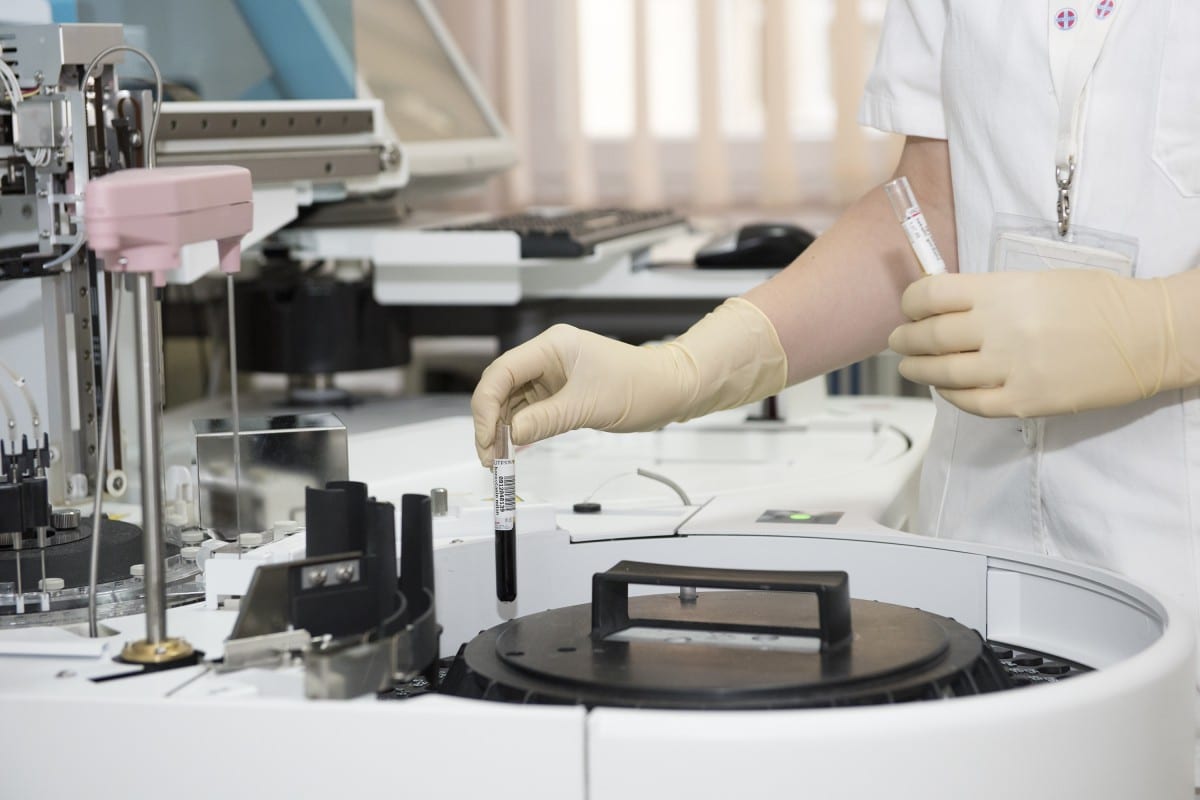How Technology Has Improved Healthcare
Healthcare today looks a lot different to the way it did in the 20th century. Once cutting-edge treatments are now commonly available, and new processes are being developed at an ever quicker pace – with America being among the first to benefit from them. Technology has had an overwhelming impact on the practice of medicine; here are just four of the ways in which healthcare has been, and continues to be, improved by advances in technology.
Improvements to Accessibility
People with debilitating illnesses or disabilities have historically found it much harder to access the care they need, as a directly result of that care’s inaccessibility to them – whether their local care solution is solely available in a wheelchair non-accessible venue, or transport links to said healthcare don’t make allowances for the hearing-impaired. There are myriad ways in which a disabled person can struggle to access healthcare; but technology has paved the way for these issues to become a thing of the past.
The advent of the internet, and remote care solutions with it, has put an end to many accessibility struggles, whether receiving ongoing care or seeking it for the first time. For example, rather than having trouble making your way to a physician for a hearing-related appointment, you can now book a hearing test online – negating a difficult journey in the process.
Data Collection
Of course, technological advancements mean more than the increased popularity of a now decades-old resource. Recent leaps in data technology mean complicated and time-consuming tasks can now be more or less completely entrusted to computer programs and algorithms. A major example of this is in data collection. An intelligent program can file patient data from across a variety of different locations, keeping patient information organised and easily accessible by relevant healthcare professionals. This programming takes the the weight off doctors, nurses and stretched administrative staff, making it less likely that your healthcare provider will make an error in treating you.
Improved Care, and Faster Results
Improved data collection has a knock-on effect on patient treatment. With documents readily available to healthcare providers, and with potential technological advancements allowing for patterns in your data to be spotted sooner than normal, you can access the treatment you need far quicker; your doctor can work more efficiently, and any resulting paperwork can be handled quicker by technology.
Disease Control
The ability new technology has to recognise new patterns in ever-growing data-sets is crucial to certain preventative measures in medicine, and disease control is an excellent example. By scrutinising data regarding infections and spread rates, intelligent programs can recommend plans of action for healthcare and government professionals alike.

